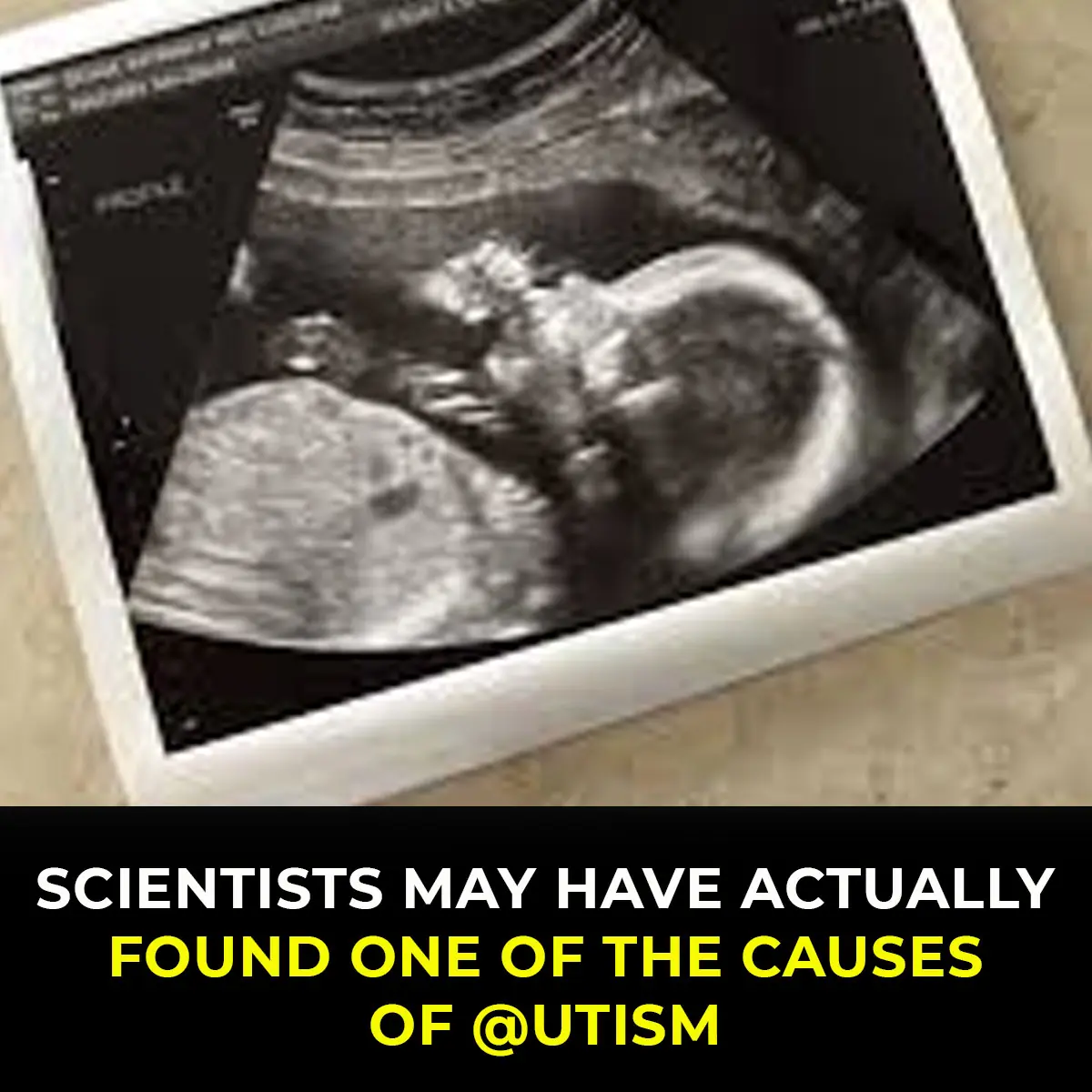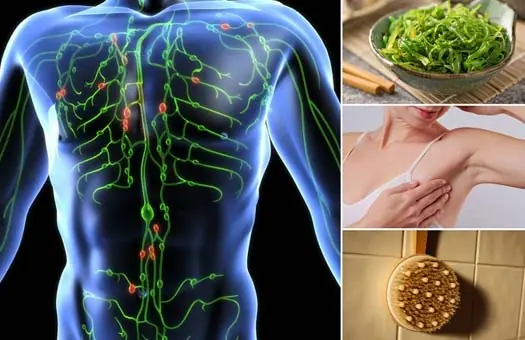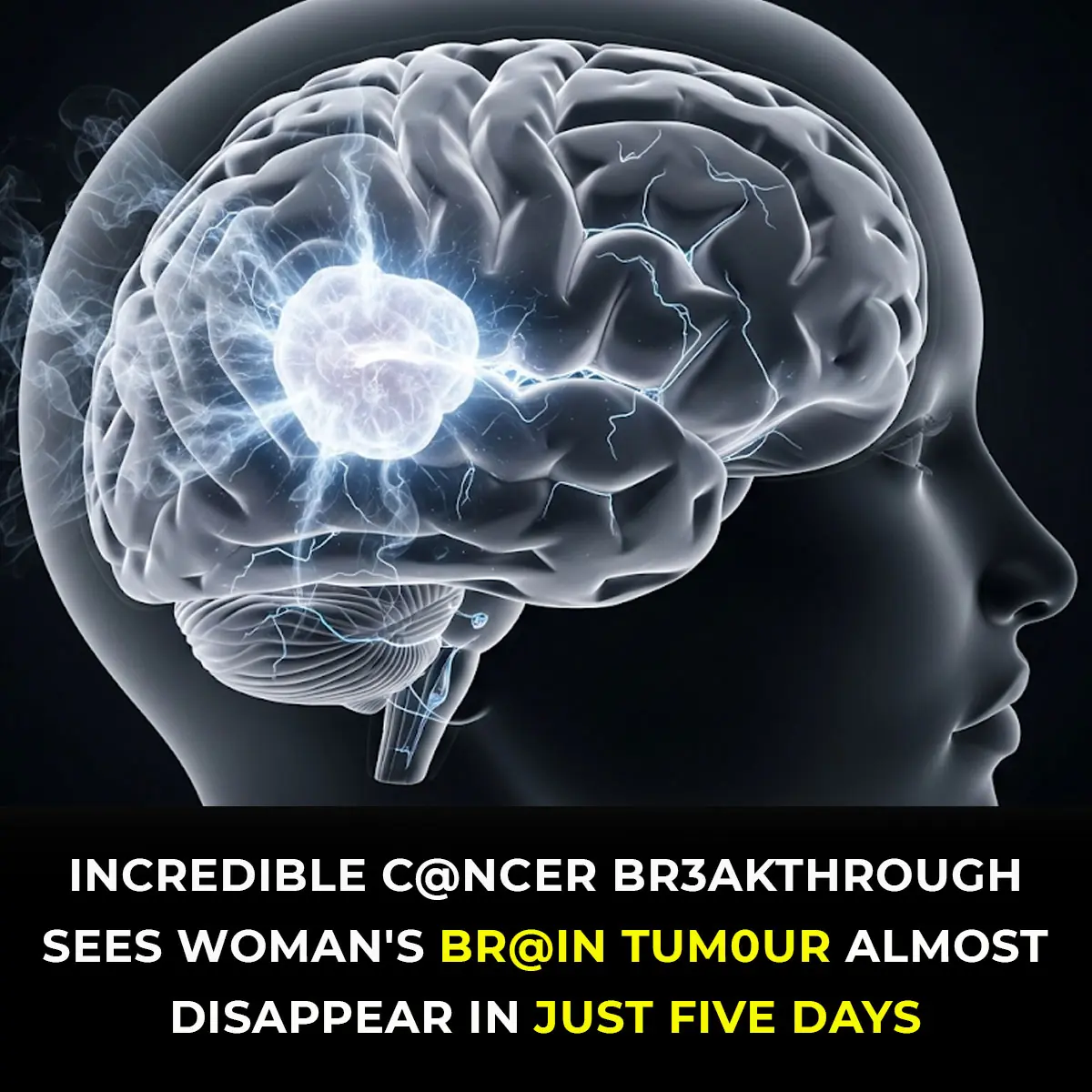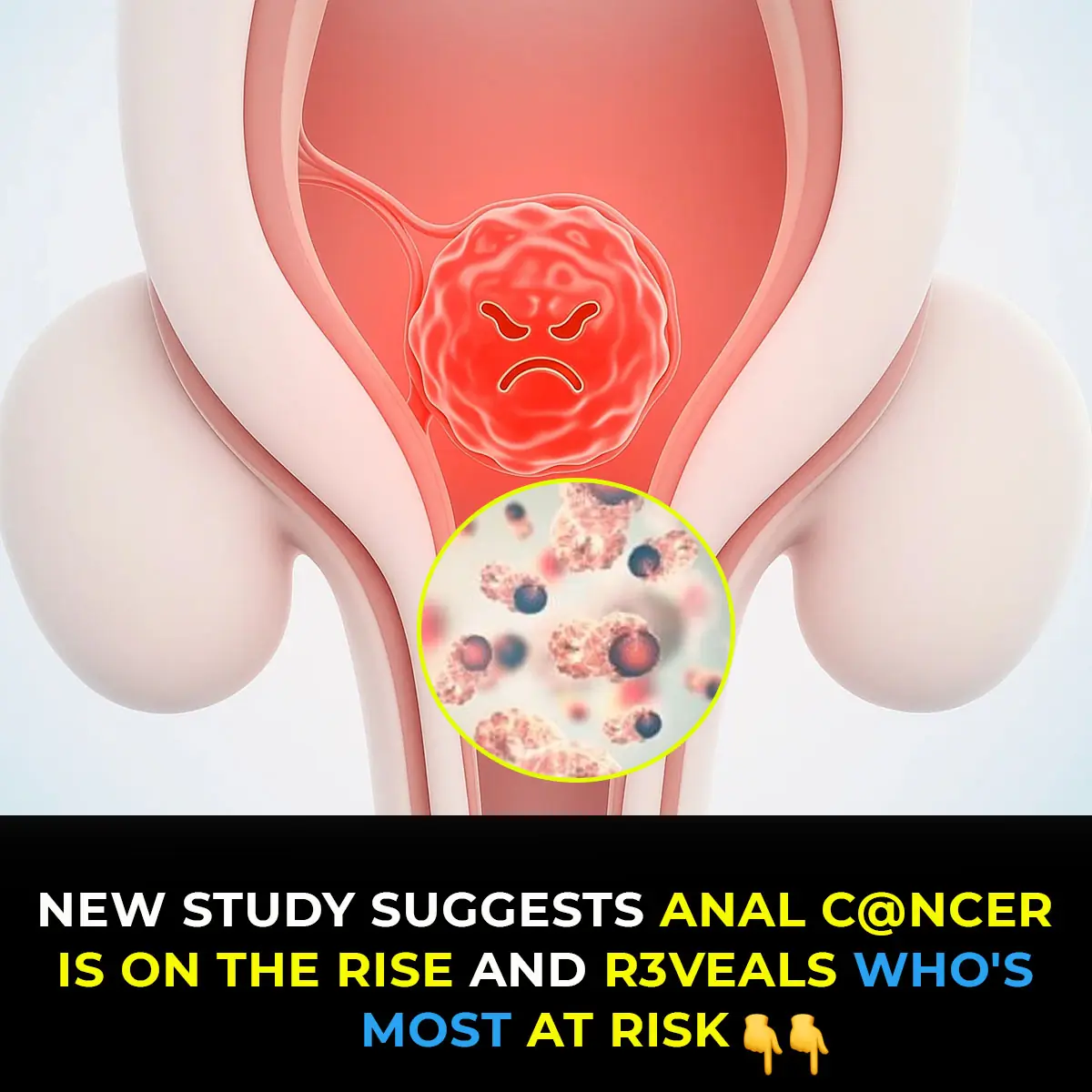
Study Suggests Key Link That Could Help Explain Autism Development

The growing importance of our gut microbiota to overall health has become increasingly evident in recent years, with more studies highlighting its significant role.
Research has shown that our gut microbiota can influence a wide range of health aspects, from how we react to fear and stress to our weight, mental well-being, and even our vulnerability to autoimmune conditions such as type 1 diabetes and lupus.
A recent study published in The Journal of Immunology explored the connection between gut microbiota and the neurodevelopmental disorder autism, using animal models. The researchers suggest that a mother’s microbiota may play a more significant role in the likelihood of developing autism than the child’s own microbiota.
John Lukens, lead researcher and PhD student from the University of Virginia School of Medicine, explained in a statement: “The microbiome can shape the developing brain in multiple ways.”
“It plays a crucial role in calibrating how the immune system of offspring responds to infections, injuries, or stress,” Lukens continued. The study suggests that a specific molecule, interleukin-17a (IL-17a), which is produced by the immune system, may be involved in this connection to autism.
IL-17a has been previously linked to diseases such as psoriasis, multiple sclerosis, and rheumatoid arthritis. It plays an important role in preventing infections, especially fungal infections, and can influence brain development while still in the womb.
To test this theory, the researchers suppressed IL-17a in lab mice. They selected female mice from two different labs for the experiment. The first group of mice had gut microbiota that made them prone to an inflammatory response triggered by IL-17a, while the second, control group did not.
When IL-17a was suppressed, the offspring of both groups exhibited normal behaviors at birth. However, when the IL-17a molecule was allowed to function normally, the pups born to mothers in the first group developed a neurological disorder resembling autism, marked by impairments in social interaction and repetitive behaviors.
To verify that this was caused by the specific microbiota of the first group, the researchers performed a fecal transplant from the first group to the second group. The goal was to alter the second group’s microbiota to match that of the first. As expected, the second group’s pups later developed the same neurological disorder resembling autism.
While these findings are based on early studies involving mice and may not directly apply to human pregnancies, they suggest a promising new direction for autism research. The results provide compelling evidence that a mother’s gut health could influence the development of neurodevelopmental disorders, at least to some degree.
Looking ahead, Lukens said the next step is to identify which aspects of the mother’s microbiome are linked to autism development and to explore whether similar correlations can be found in humans.
“There are many more molecules to investigate,” Lukens added. “IL-17a may just be one piece of a much larger puzzle.”
News in the same category


The best fruits to unclog and clean your blood vessels

Best Sleeping Positions to Prevent Neck Pain, Reflux, and Keep Your Heart Healthy

Simple Techniques to Boost Your Lymph System and Remove Toxins

5 Common Habits That Quietly Damage Your Knees

Benefits of Walking: Why Walking is One of the Best Forms of Exercise

Doctor gives 'deeply concerning' warning after man injected himself with sperm to 'cure back pain'

Mom, 33, issues warning after noticing ‘mosquito bite’ that turned out to be much more sinister

This One Superfood Could Tackle Major Health Issues—Here’s What You Need To Know

Woman’s Inoperable Brain Tumor Shrinks In Just Five Days Thanks To Cancer Breakthrough

The Strengthening Power Of This One Mineral That Many Are Not Aware

Scientists Warn Foot-Long “Demonic Flesh-Eating” Worms Are Invading The U.S.—Here’s What To Do

Officials Warn Tourists As Giant Toxic Jellyfish Washes Ashore At Popular Beach

When Nighttime Leg Cramps Become a Concern

One Month Before A Heart Attack, Your Body Will Warn You Of These 7 Signs

Researchers Sound Alarm Over Surge In Anal Cancer And High-Risk Populations

5 Things Doctors Say You Should Never Give Your Kids to Help Prevent C@ncer

6 Powerful Castor Oil Benefits for Your Health and Wellness

10 Warning Signs Your Kidneys May Be in Serious Danger
Your kidneys quietly work around the clock to keep your body in balance, but when they start to fail, the symptoms can be subtle and easily overlooked. Spotting these early warning signs could save your health—and even your life.
News Post

The 4 Must-Have and Inexpensive Fruits for Older Adults Who Want to Live Long!

The best fruits to unclog and clean your blood vessels

Best Sleeping Positions to Prevent Neck Pain, Reflux, and Keep Your Heart Healthy

Simple Techniques to Boost Your Lymph System and Remove Toxins

5 Common Habits That Quietly Damage Your Knees

Benefits of Walking: Why Walking is One of the Best Forms of Exercise

The Simpsons fans devastated as show 'kills off' one of the main characters for first time ever

Doctor gives 'deeply concerning' warning after man injected himself with sperm to 'cure back pain'

Mom, 33, issues warning after noticing ‘mosquito bite’ that turned out to be much more sinister

Study reveals average penis size across US states and exposes who is exaggerating

NASA releases closest-ever images to the sun and everyone is asking the same thing

Break-up coach reveals three clear signs that mean a relationship is over

“Meet K2-18b: The Distant Ocean World That Could Host Alien Life”

Secret CIA Documents Declare That The Ark Of The Covenant Is Real, And Its Location Is Known

Neuroscience Says: Listening to This Song Reduces Anxiety by Up to 65%. Hear It Yourself

Scientists Confirm Brain’s ‘Life-Flash’ Surge Just Before Death

Scientists Warn China-Identified Bat Virus Just One Mutation Away From Sparking Global Pandemic

This One Superfood Could Tackle Major Health Issues—Here’s What You Need To Know
